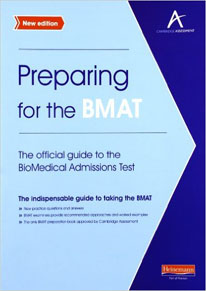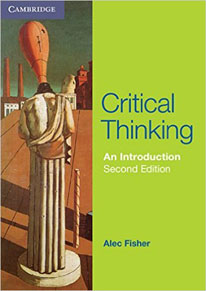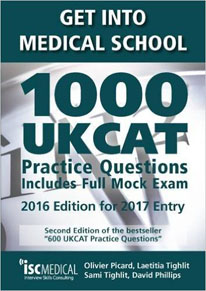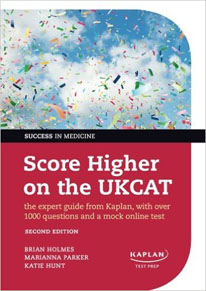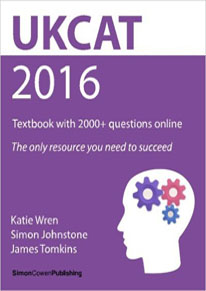About BMAT – UKCAT
The BioMedical Admissions test (BMAT) and The UK Clinical Aptitude Test (UKCAT tests) are used by universities as a selection criterion for students who wish to study medicine, biomedical sciences or dentistry at certain UK and other universities. The examinations are generally agreed to be extremely challenging and difficult, and therefore require special intensive preparation to ensure excellent results.
The tutors at the Tree Foundation Tutorial College have actually taken either the BMAT and/or the UKCAT tests and have attended universities that require the respective qualifications as an entry requirement. If you are interested in preparing for either the BMAT or the UKCAT then please contact us.
FAQ
Which universities require the UKCAT as an entry requirement? 
Aberdeen, Birmingham, Bristol, Buckingham, Cardiff, Dundee, Durham, East Anglia, Edinburgh, Exeter, Glasgow, Hull York Medical School, Keele, King’s College London, Leicester, Liverpool, Manchester, Newcastle, Nottingham, Plymouth, Queen Mary- University of London, Queen’s University Belfast, Sheffield, Southampton, St. Andrew’s, St. George’s London and Warwick (for postgraduate degrees only).
When and where can I sit the UKCAT? 
Where can I register and find more information about the BMAT and the UKCAT tests? 
What is the structure of the BMAT test? 
Section 1: Aptitude and Skills
| What does it test? | Questions | Timing |
| Generic skills in problem solving, understanding arguments, and data analysis and inference. | 35 multiple-choice questions | 60 minutes |
Section 2: Scientific Knowledge and Applications
| What does it test? | Questions | Timing |
| The ability to apply scientific knowledge typically covered in school Science and Mathematics by the age of 16 (for example, GCSE in the UK and IGCSE internationally). | 27 multiple-choice questions | 30 minutes |
Section 3: Writing Task
| What does it test? | Questions | Timing |
| The ability to select, develop and organise ideas, and to communicate them in writing, concisely and effectively. | One writing task from a choice of four questions | 30 minutes |
Writing Tasks in Section 3 are marked by two examiners. Each examiner gives two scores – one for quality of content (on a scale of 0–5), and one for quality of written English (on the scale A, C, E).
Combining the scores for Section 3: If the two marks for content are the same or no more than one mark apart, the candidate gets the average of the two marks. If the two marks for written English are the same or no more than one mark apart, the scores are combined like this: AA = A, AC = B, CC = C, CE = D and EE = E.
For example, a writing task given a 4C by one examiner and 4A by the other will get a final score of 4B. A writing task given 3C by one examiner and 2C by the other will receive a mark of 2.5C.
If there is a larger discrepancy in the marks, the writing tasks are marked for a third time, and the final mark is checked by the Senior Assessment Manager.
When do I receive the results of the BMAT test? 
How much does the BMAT test cost? 
| Cost | Description |
| £45.00 | EU (including UK) standard entry fee |
| £76.00 | Rest of the World standard entry fee |
| £32.00 | Additional late entry fee |
| £33.00 | Application for a Results Enquiry |
| £33.00 | Application for an Appeal |
What is the structure of the UKCAT test? 
| Section | Questions | Timing | Scoring |
| Verbal Reasoning | 44 | 21 minutes | 300-900 |
| Decision Making* | 29 | 31 minutes | unscored |
| Quantitative Reasoning | 36 | 24 minutes | 300-900 |
| Abstract Reasoning | 55 | 13 minutes | 300-900 |
| Situational Judgement | 69 | 26 minutes | Band 1- 4 |
*As from 2016, the Decision Making section will no longer contribute to the overall score – it will be promulgated as a separate score.
How is the UKCAT scored and what are indicative average scores? 
Verbal reasoning: 577/900
Quantitative reasoning: 685/900
Abstract reasoning: 640/900
Decision analysis: 629/900
Situational Judgement: N/A
Total scaled score: 2,531 (up from 2,505 in 2014)
Important link
BMAT – www.admissionstestingservice.org
UKCAT – www.ukcat.ac.uk





